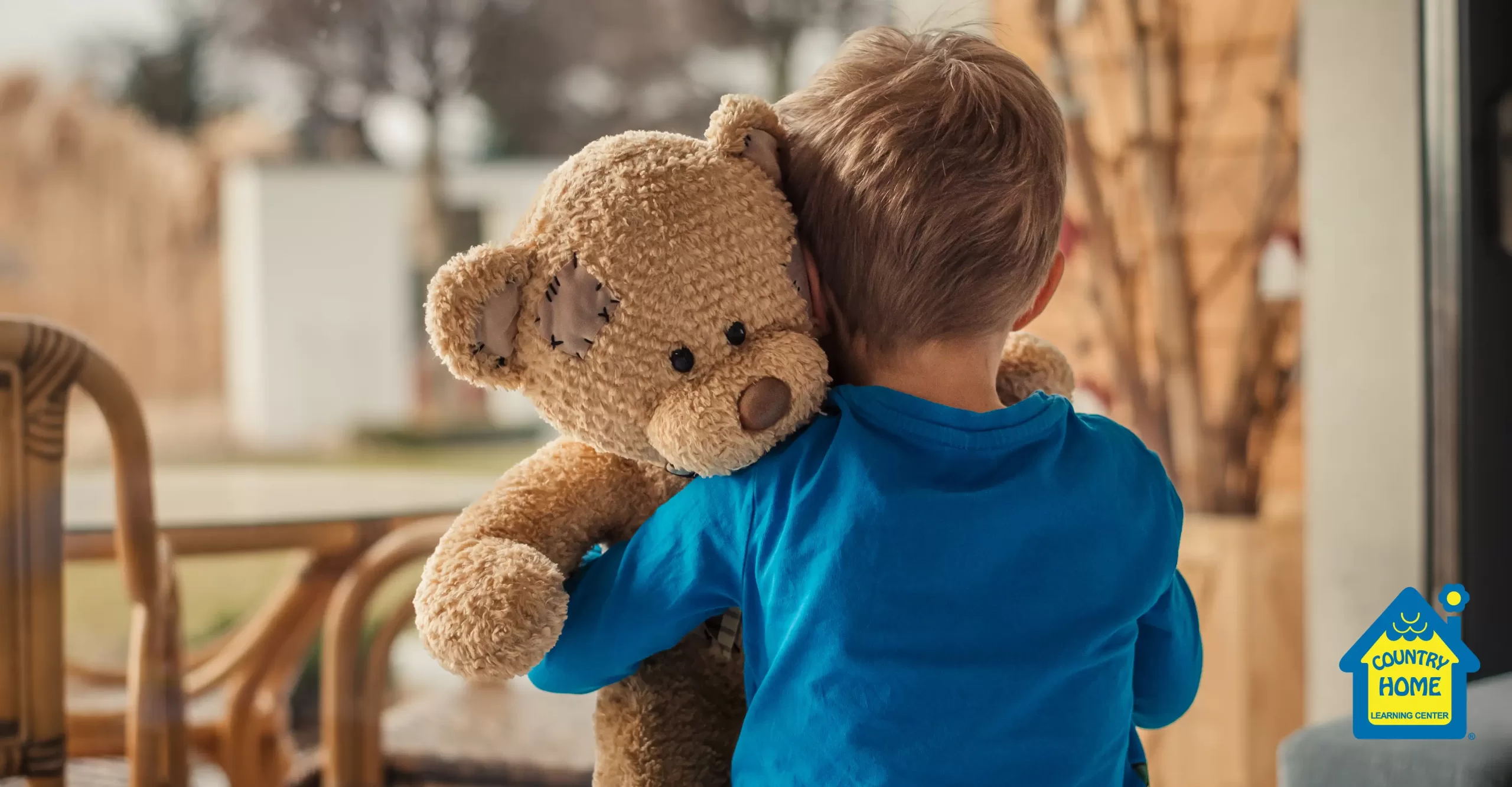
From the use of pretend play to being a role model, there are many ways you can teach a toddler about empathy. Quite simply, empathy is the ability to understand and share the feelings of someone else. Let’s go over some ways you can incorporate the concept of empathy in your everyday life so your young child can learn it at a very early age.
Empathize With Your Child
Try to get inside their head and empathize with what they may be feeling. If they are acting scared around a neighborhood dog, for example, ask them “I see that you find that dog scary. However, he may be barking but he’s a really nice dog. Still, I understand your fear and will hold you as we walk past.” This validates their feelings while facing the fear in a safe and supportive way.
Empathize With Others’ Feelings
Next, project these lessons onto other people. For example, if your child took a doll from a friend while playing, you can say “Your friend is sad that you took her doll away from her. Please give it back to her and say sorry. Then choose another doll to play with. Later, you can switch off so you both have a chance to play with that doll. See how happy she is now?”.
Suggest Ways of Expressing Empathy
Now offer suggestions on how your child can display empathy on their own. Examples include “let’s get your friend ice for the scrape on his knee”, or “let’s give your friend a hug because she’s feeling sad today”. Hopefully, they will start to internalize these thoughts and be more apt to display them without prompting later.
Read Books About Empathy
There are many books you can pick up on the concept of empathy and sharing feelings, such as:
- Baby Faces by DK Publishing
- I Am Happy: A Touch and Feel Book of Feelings
- How Are You Peeling by Saxton Freymann and Joost Elffers
- Feelings by Aliki
- When I Am/Cuando Estoy by Gladys Rosa-Mendoza
- The Feelings Book by Todd Parr
- My Many Colored Days by Dr. Seuss
- Baby Happy Baby Sad by Leslie Patricelli
Become a Role Model
When you can model the behavior you want your child to reflect, they will be more prone to interact in the same manner. Demonstrate strong, respectful relationships in your own life in a caring and kind manner, displaying these traits in your daily interactions with your spouse, children, grocery store clerks, wait staff, and mail delivery personnel.
Validate Their Emotions
When your child is angry, sad, or disappointed, it’s a parent’s instinct to rush in and fix it all for them. Hold off. Realize that these feelings are a part of life, and are important for kids of all ages to experience in order to grow. Validating their feelings will help them learn how to handle them. Not only are they learning valuable lessons for themselves, they are learning how to empathize with others who are going through the same frustrating feelings.
Use Pretend Play
Talk with your toddler about feelings and empathy while you play. Use stuffed animals to play out different scenarios.
Discuss What it Means to Say “I’m Sorry”
These words are often thrown around by parents and kids alike, but what do they really mean? As parents, we make our toddlers say “I’m sorry” to someone they have wronged so they can learn how to take responsibility for what they have done. However, toddlers generally don’t really understand what those two words mean.
We may think these are the right words to say, and they are, but this doesn’t necessarily make your young child develop empathy. A better approach is to help them focus on the other person’s feelings so they can make the connection between the action and the reaction.
Be Patient
Empathy doesn’t develop overnight. Don’t expect your toddler at the age of three to suddenly display empathy. Heck, there are many teens and adults who don’t have it! Empathy is a very complex skill that your child will work on throughout their life.
Book a Tour of Country Home Learning Center Today
Come see how we operate our classes here at Country Home Learning Center, where we teach things like empathy, sharing, and friendship. To sign up for a tour at one of our area facilities, contact us today.

